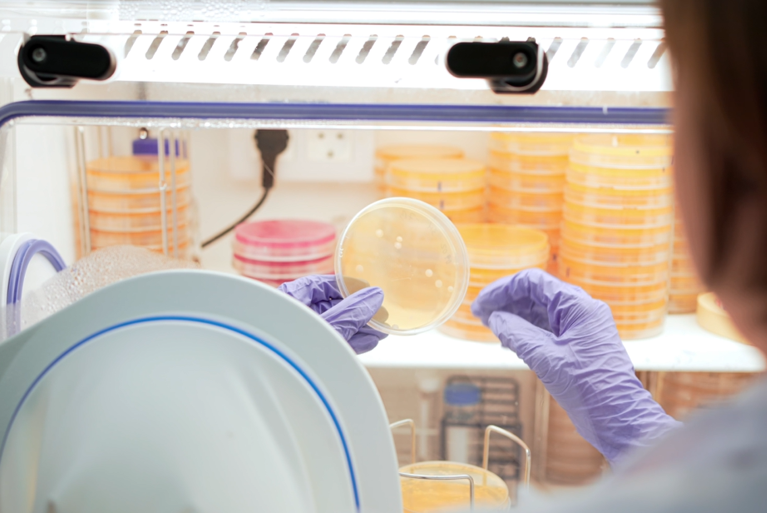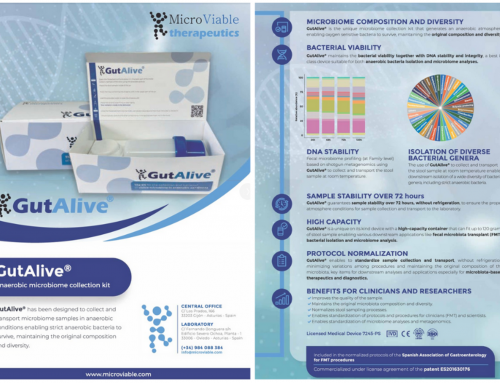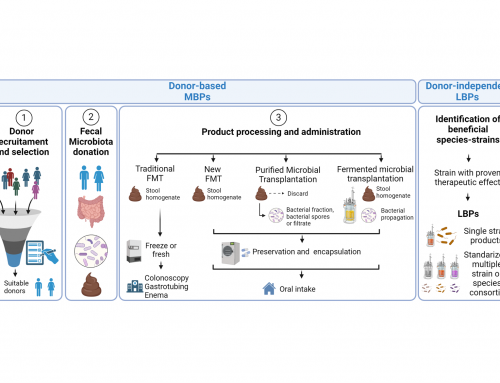The experts’ committee of the Princess of Asturias awards has decided to grant this year´s award for technical and scientific research to Jeffrey Gordon, Bonnie L. Bassler and E. Peter Greenberg, experts and pioneers in the field of human microbiota. If you are wondering why and what´s the importance of the human microbiome, Microviable Therapeutics will give you the answer:
The human microbiome: lifelong companions
The human microbiome is the ensemble of microorganisms (bacteria, viruses, fungi, etc.) that inhabit different parts of our body. We know several things about the microbiota. We receive it from our mother and the environment during delivery and it evolves as we grow up. Furthermore, it is heavily influenced by several factors that, in a lot of cases, are the same that affect our health, such as diet, exercise, alcohol, stress, etc. That´s why the study of the microbiome in health and disease has caught the attention of the scientific community for more than 30 years. Nowadays, we know that the microbiome protects us from pathogens, maintains and educates our immune system and improves the absorption of several nutrients in our gut. This was discovered because the health status of animals without microbiota, called “germ-free”, is much worse than the health status of animals with a normal microbiome. Taking this into account, it isn´t surprising that our health status is influenced by the microbiome composition.
Microbiome dysbiosis and health: Which came first, the chicken or the egg?
As we commented before, the composition of the microbiome changes when we suffer from a disease, usually resulting in a diminished diversity of bacteria that we call dysbiosis. But the big question is whether these changes are the cause or the consequence of the disease. During dysbiosis, the communication between our microbiome and our immune system is affected, such as in inflammatory bowel disease. Dysbiosis can also affect our ability to fight pathogens, like in the case of Clostridioides difficile. This dysbiosis has been characterized in many other pathologies: obesity, diabetes, cancer, even COVID!!. Scientists are currently studying ways to make dysbiosis disappear, but in some diseases, this strategy appears to be more efficient than in others. So, it seems that this question is not as easy to answer as it seems. But how do we modify the microbiome to avoid dysbiosis?
Microbiome-based therapies
Some studies have shown that enriching the microbiome and recovering a microbiome similar to a healthy person´s one, can relieve some disease symptoms and, in some cases, make it disappear. There are several strategies to tackle this question, such as having a healthy lifestyle, including a good intake of fibers and fermented foods, rich in probiotics. A healthy lifestyle is not always 100% effective in recovering from dysbiosis, in these cases, fecal microbiota transplantation or live biotherapeutics could be the solution. In Microviable Therapeutics, we focus on the development of microbiome-based therapies, which are made from members of the intestinal microbiome. With them, we can treat some diseases for which traditional therapies are not responding anymore.
This is only a tiny resume of the gut microbiome and its relationship with health and new-generation therapies, but if you want to know more, please watch the next video.




